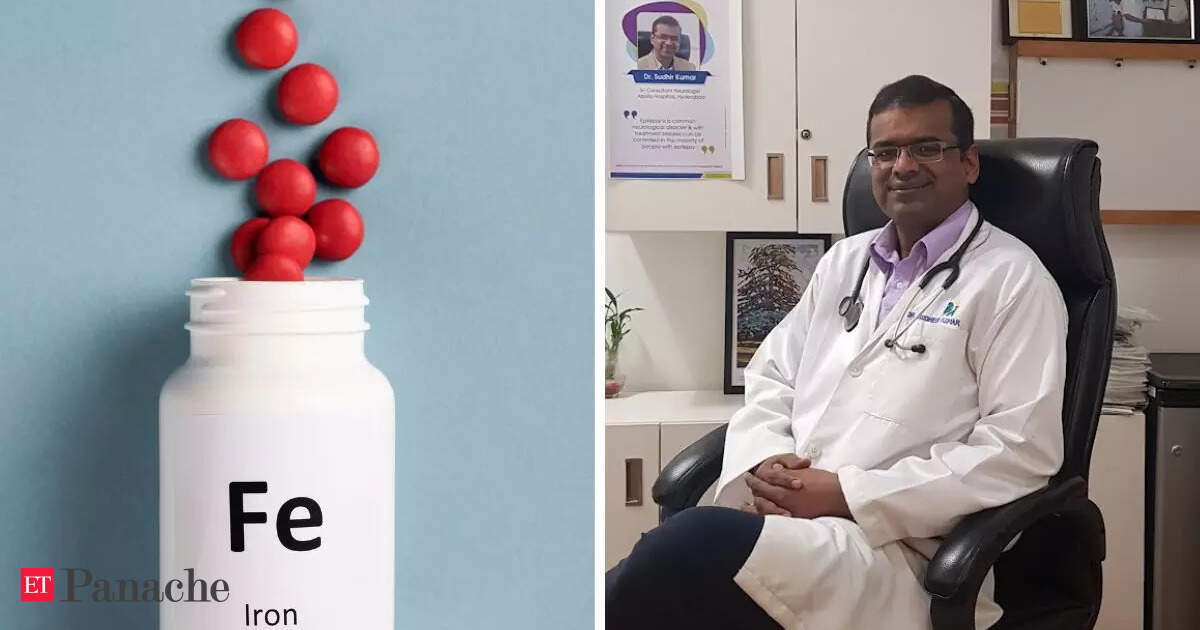Iron is a mineral that naturally occurs in many foods, is added to certain products, and is also available as a dietary supplement. It’s an essential component of haemoglobin — the red blood cell protein that carries oxygen from the lungs to the tissues. As part of myoglobin, a protein that delivers oxygen to muscles, iron supports muscle metabolism and healthy connective tissue. It also plays a vital role in physical growth, neurological development, cellular functioning, and the synthesis of some hormones.
Many people reach for iron supplements the way they would grab a daily multivitamin, believing it’s a harmless boost. But too much of a good thing can quietly turn dangerous—especially for your brain. Neurologist Dr Sudhir Kumar warns that excessive iron intake, particularly when there’s no actual deficiency, can have lasting effects on both mental and physical health.
— hyderabaddoctor (@hyderabaddoctor)
Excess iron can trigger oxidative stress in the brain, a process linked to Alzheimer’s, Parkinson’s disease, and cognitive decline. It may also harm organs like the liver, heart, and pancreas, leading to a condition called iron overload. Dr Kumar adds that it can disrupt gut microbiota, sparking gut inflammation, which in turn is tied to neuroinflammation and mood disorders. Symptoms like fatigue, confusion, and mood changes can creep in unnoticed. In children, even small overdoses can be life-threatening.
His advice is clear: always get tested before starting iron supplements, treat only if necessary, and consult your doctor before taking them long-term. “Your body and your brain need balance, not overload,” says Dr Kumar.

